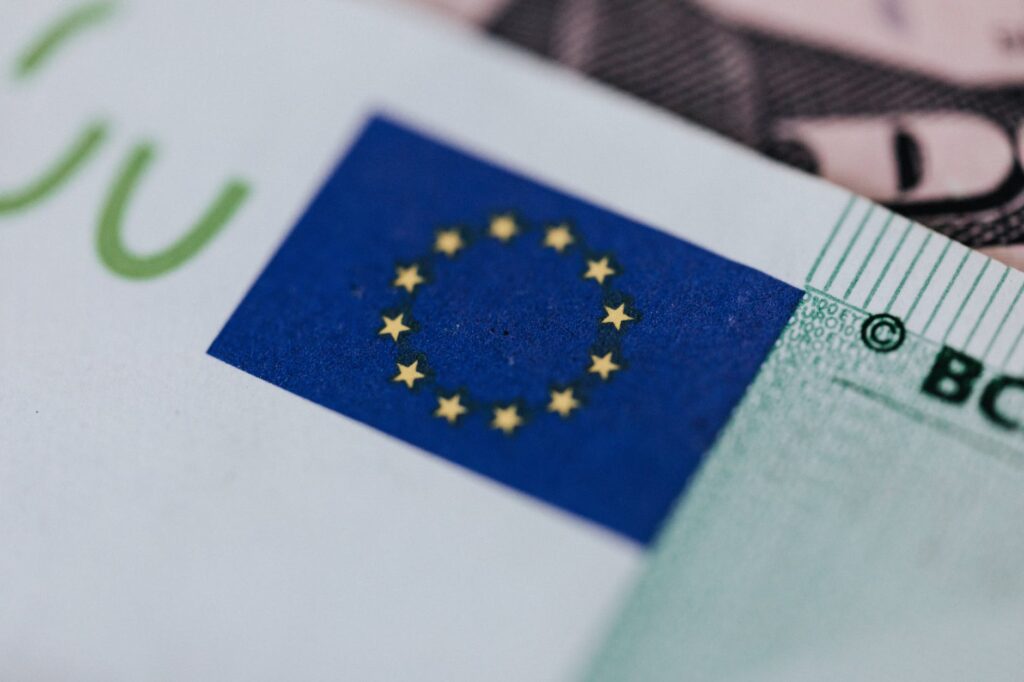The Treaty of Lisbon is an international agreement that, among other things, provides for the reform of the European Union. It transformed the EU into a single international organization by abolishing the pillar structure. It also unified decision-making processes and sources of law and clarified the competences of the EU and its member states. The EU institutions were also reformed in terms of increased powers (European Parliament) and decision-making (EU Council, qualified majority). It was signed on 13 December 2007 in Lisbon, and the treaty itself came into force on 1 December 2009. It was signed on behalf of Poland by President Lech Kaczynski. The treaty was proposed to replace the rejected Second Treaty on the EU Constitution. Read the article to the end and find out what the Lisbon Treaty is.
Key provisions of the Lisbon Treaty
First and foremost, the Lisbon Treaty gave the EU a unified structure and legal personality. The most important changes contained in the treaty include:
- making EU decisions from 2014 onwards, using the so-called double majority, instead of the consent of all member states,
- introduction of the post of High Representative of the Union for Foreign Affairs and Security Policy,
- introduction of the post of President of the European Council,
- Charter of Fundamental Rights,
- “energy solidarity”,
- continuity of the so-called ‘Janina compromise’,
- Indirect legislative initiative of citizens will require 1 million votes on a given issue,
- reduction of the number of European Commissioners to 18 (although there are 27 member states. The European Council in 2013 decided to go back to the pre-Lisbon Treaty solution of the number of members. There are now as many commissioners as there are member states)
- changing the number of members of the European Parliament from 2009, to a maximum of 750 members (previously 785),
- granting Poland an additional MEP,
- increasing the number of MEPs for Italy.

What has the Lisbon Treaty changed?
Under the Lisbon Treaty, many new policy areas have been introduced and some have been expanded. Environmental policy now additionally includes the fight against climate change. A common EU energy solidarity has also been described for the first time. In addition, intellectual property rights, sport, space, tourism, civil protection and administrative cooperation can now be the subject of EU legislation. In the area of common security and defence policy, the treaty has introduced a mutual defence clause. Under it, all member states are obliged to provide assistance to a member state under attack. In the event of a natural disaster or terrorist attack, each member state is obliged to provide all possible assistance to the affected state.

